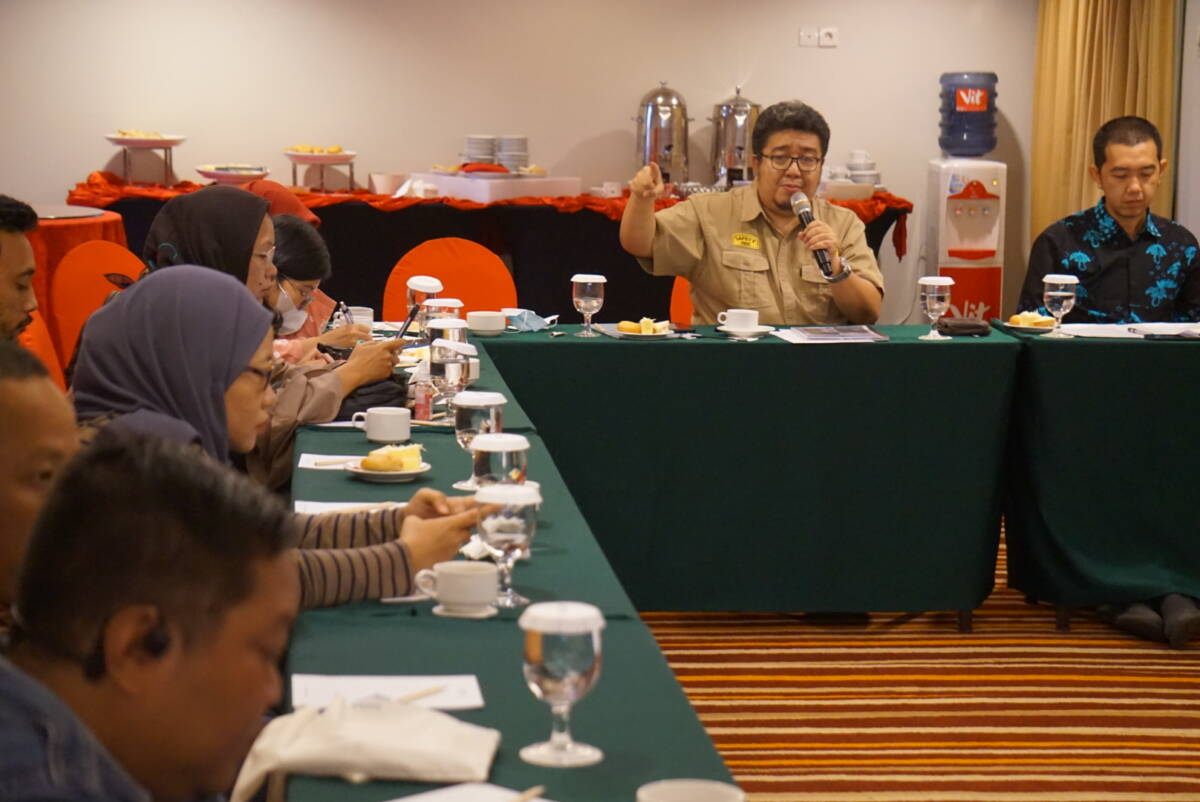Indonesia and other countries signed the Paris Agreement in 2015 in an effort to reduce greenhouse gas emissions and protect our Earth. This agreement has established a strong foundation for fighting climate change, with one of the main focuses being the energy transition, which refers to the transition from using fossil energy, which is limited…

